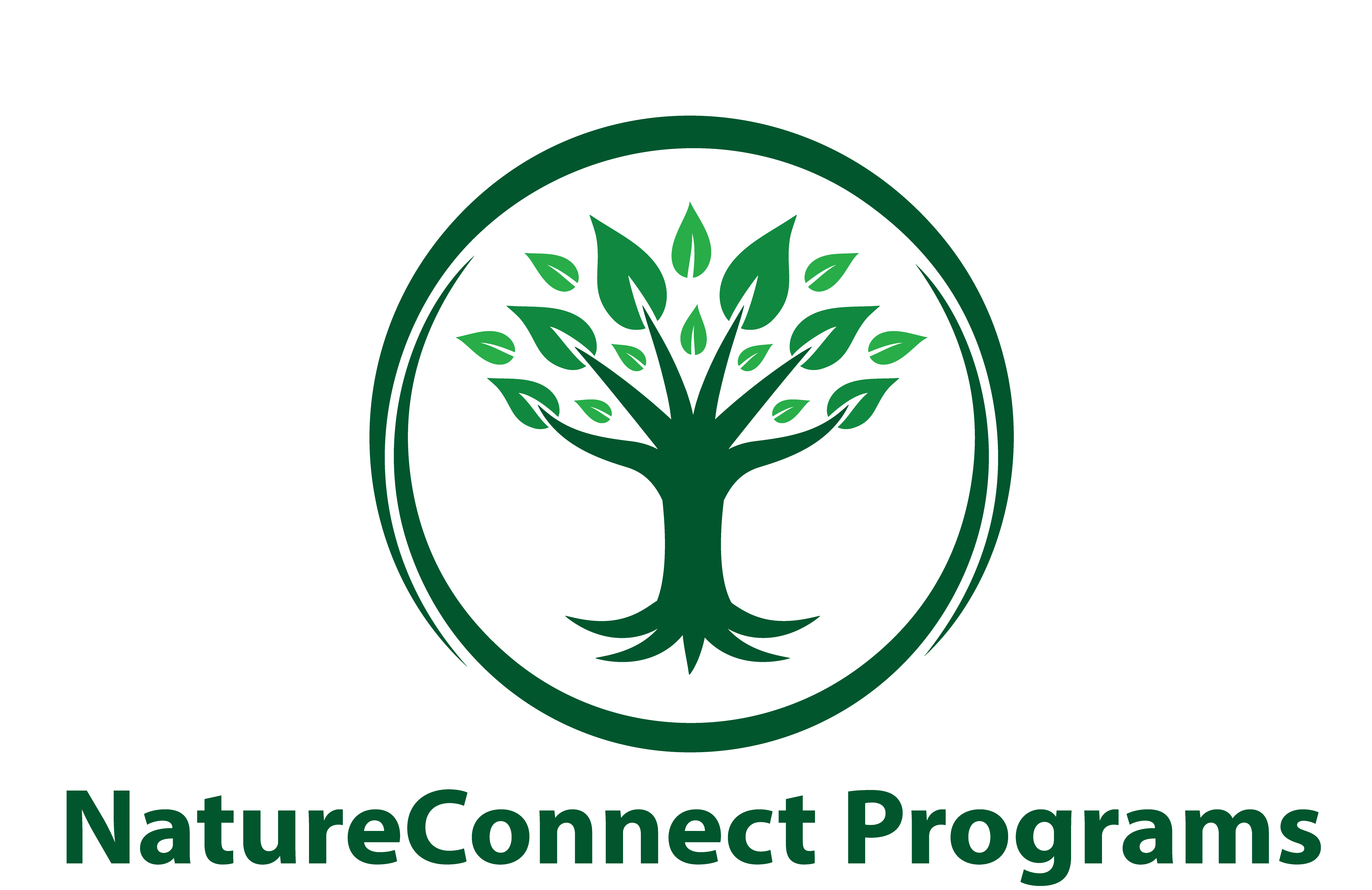As someone deeply reflective about connectedness, one question that regularly arises in these ‘social distancing’ and self isolating days is how to experience connection in these times of disconnection. We have a civic duty to disconnect from social gatherings apart from going to work (for those lucky enough to be able to work away from home), getting food and medical services. In a time when balance is so important, how do we maintain connection while balancing this with our necessary disconnection?
We are experiencing physical disconnection from our community. We haven’t had places such as cafés, restaurants and pubs to relax and socialise for a long time. We may briefly pass others on our walks or grocery shopping but, aware of distancing, we share brief greetings and commentary. Some of us are connecting via Zoom pixels of people on our screens but this is just a band-aid to feeling connection. The threat of the virus and our reluctance to admit to fear often means we don’t acknowledge the frailty of our body and mind, even to ourselves. When feeling even more disconnected or isolated these feelings are exacerbated, leading to more distress, more emotional darkness.
We are inherently social beings and this deeper awareness of our individual and collective vulnerability and uncertainty about the world into which we will emerge accentuates any discombobulating feelings associated with disconnect, whether or not we are comfortable in our aloneness. Of course aloneness is not the same as loneliness and the former is a necessary condition for our growth. It’s a matter of balance and acceptance. This generalised feeling of disconnection is uncomfortable and we gravitate towards our learned coping strategies to find solace, meaning or often distraction.
As we begin to see the beginning of the lockdown end, the gradual lifting of social gathering restrictions now is the best time to reflect on what we are learning in this unnatural situation about our identity, our sense of self so habitually based on once taken for granted social interactions and relationships. As you watch the pandemic so quickly pass us by (compared to its initial impact), how do you think you have coped with self-isolating and its impact on your psyche, on your sense of connectedness, to others, to community, to nature, to higher life meaning?
In this collective withdrawal there has been a loss of freedoms and the assumptions around your freedom to do whatever you used to do. We do not have the freedom to travel nor attend concerts or parties or funerals or meditation groups. Our freedoms are taken from us by governments and our fear of transgressing these lockdown measures. Along with loss and fear there is also grief. There is a grieving of lost connections with loved ones, for many there is anxiety, even grief of what we are losing and the changed world that will inevitably arise post-pandemic.
We have experienced a loss or reduction in our connectedness with humanity, for many also with nature but for us all there arises a sense of disconnect with the past with its taken for granted lifestyle, assumptions and expectations for a meaningful life. Given that our sense of self is largely based on the past (where habits and patterns of thinking and behaviour were created) this is a time for reflection, our chance to renew and reinvigorate our sense of self, to let go of the old and surrender to the possibilities of the new.
Now is the
opportunity to prioritise some time away from your routines to consider all of
this, a precious opportunity of this lockdown context, of the passing of time,
to investigate what this historic time means to us, what it offers by way of
fundamental change within us and for the world. With an open mind, open heart
and open will can you let go and let come a post pandemic self. The question
is: will you grab this opportunity before it too passes into the mists of time?
To grab it with the fullness of your presence is to step into that connected,
grounded future self calling out to you from a possible future….

